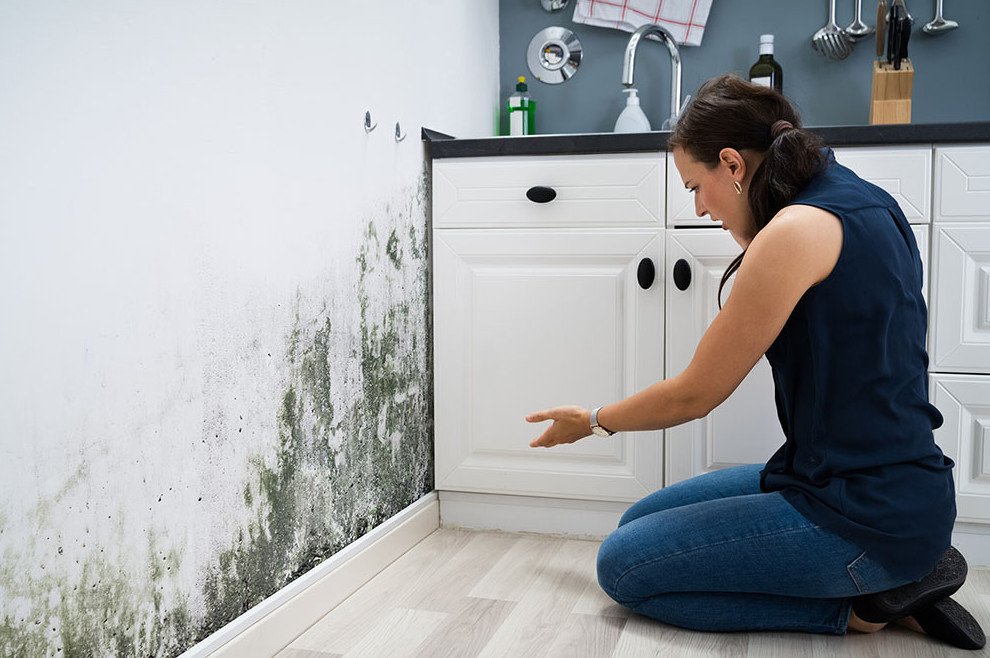Introduction
Housing disrepair claims UK are a vital legal resource for tenants facing unsafe or unhealthy living conditions. If your rented home suffers from mould, leaks, broken heating, or structural faults, you have the right to demand repairs and even seek compensation. This comprehensive guide explains how to identify qualifying disrepair, document evidence, and navigate the claims process effectively.
What Counts as Housing Disrepair?
Housing disrepair refers to any condition within a rented property that makes it unsafe, unhealthy, or uninhabitable. The most common examples include:
-
Persistent damp or mould
-
Leaking roofs, ceilings, or pipes
-
Faulty boilers or insufficient heating
-
Cracked walls, collapsed ceilings, or uneven flooring
-
Exposed wiring or unsafe electrics
-
Broken windows or insecure doors
-
Infestations caused by poor maintenance
Any of these issues, when unaddressed by your landlord, can form the basis of a valid housing disrepair claim.
Why It Matters: Health, Safety, and Well‑Being
Left untreated, housing disrepair can cause significant and long‑term harm:
-
Physical Health Risks
Mould and damp negatively impact respiratory health, exacerbating conditions like asthma and eczema. Damaged ceilings or flooring increase the risk of accidents and injuries. -
Mental and Emotional Strain
Repeated stress over unresolved repairs, sleep disruption from cold or noise, and anxiety about living conditions erode emotional well‑being. -
Financial Consequences
Unpaid rent refunds, damaged possessions, extra heating costs, or temporary accommodation expenses can accumulate quickly.
These impacts underscore why tenants need access to effective legal protection and compensation.
Your Legal Rights under UK Law
UK legislation protects tenants from being forced to live in substandard properties:
-
The Landlord and Tenant Act 1985 mandates landlords to maintain the structure and installations for safe habitation.
-
The Homes (Fitness for Human Habitation) Act 2018 requires compliance with basic health and safety standards.
-
Local councils can invoke the Housing Health & Safety Rating System (HHSRS) to enforce compliance.
When landlords fail to act after being formally notified, tenants have the right to enforce repair or compensation through legal channels.
Step‑by‑Step: How to File a Housing Disrepair Claim
Document the Damage
Photograph leaks, mould, structural cracks, or unsafe wiring. Keep dated records and screenshots of communications with your landlord or agent.
Report the Problem in Writing
Send a clear, written message outlining the issues and requesting repairs within a reasonable timeframe (typically 14–28 days). Keep a copy of all correspondence.
Gather Evidence of Impact
Preserve receipts for damaged items, increased energy bills, or medical expenses linked to the disrepair. Collect medical documentation if health issues arise.
Contact a Legal Advisor
Professional support can clarify your rights and guide you through the process efficiently. For detailed advice and assistance, visit the Housing Disrepair Team UK.
Initiate a Claim
If the landlord fails to respond, prepare to file a claim. This may involve serving a warning letter, initiating formal legal proceedings, or applying for small claims court.
Compensation: What You Can Claim
Tenants may qualify for compensation across several categories:
-
Loss of enjoyment: Payment for living in substandard conditions.
-
Personal injury: If health has been affected by disrepair.
-
Property damage: Replacement or repair costs for belongings.
-
Additional expenses: Heating, accommodation, or time taken off work.
-
Rent reduction: For rooms unusable due to disrepair.
Compensation is usually determined based on severity, duration, and documented impact.
Common Misconceptions Debunked
-
“It’s just condensation.” Even minor signs of damp can indicate serious structural issues or ventilation failures.
-
“I might be evicted for complaining.” UK law protects tenants from eviction or retaliation when pursuing valid claims.
-
“It’s cheaper to pay for repairs myself.” Doing so without legal consent can weaken your claim and reduce compensation eligibility.
Time Limits You Must Know
-
Most housing disrepair claims must be filed within six years from initial notice.
-
If your claim involves personal injury or illness, the deadline is typically three years from when the health issue arose.
Early action is recommended to preserve evidence and legal standing.
Practical Tips for a Strong Claim
-
Keep a daily log of symptoms, expenses, and repair delays.
-
Have a GP letter linking health issues to the property condition.
-
Save photos showing progression of damage over time.
-
Always send texts or emails to preserve written proof.
-
Check council inspection records if enforcement notices are issued.
How Professional Support Helps
Legal experts specializing in housing disrepair offer:
-
Free initial assessment of your situation
-
No-win, no‑fee service options
-
Detailed guidance on process and evidence
-
Communication with landlord or agent on your behalf
-
Support through court or settlement negotiation.
-
Tenants in England and Wales can rely on proven services to enforce their rights confidently.
Conclusion
No one should be forced to live in unsafe or unhealthy housing conditions. When landlords neglect repairs, tenants are legally entitled to take action—and receive compensation. By documenting properly, understanding your rights, and accessing expert support, you can rebuild your living conditions and protect your health.
